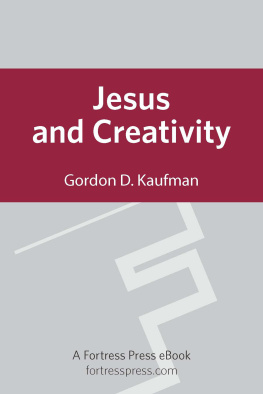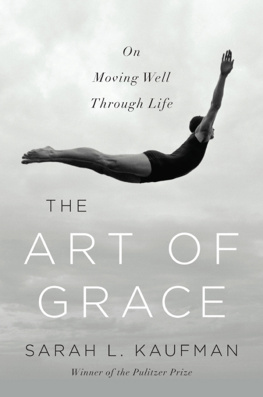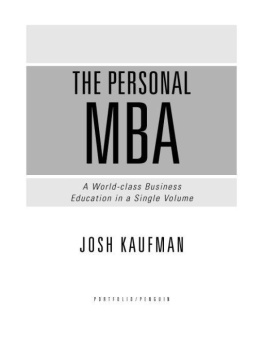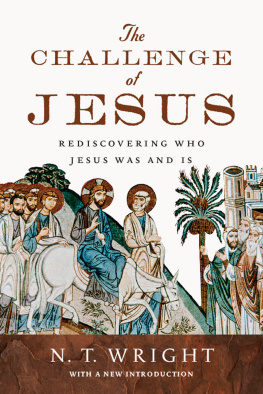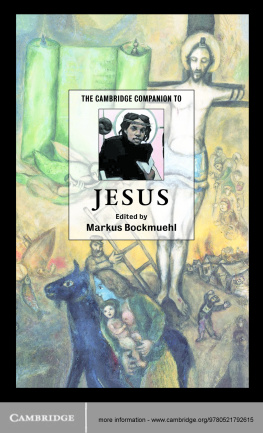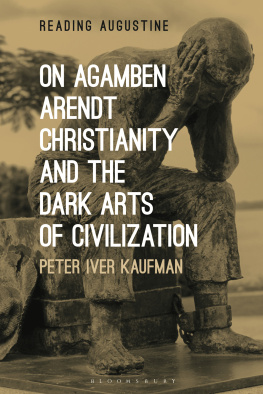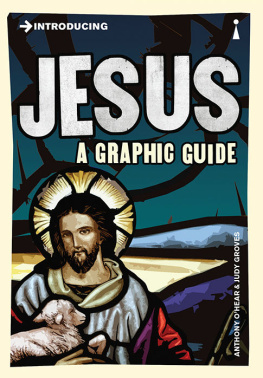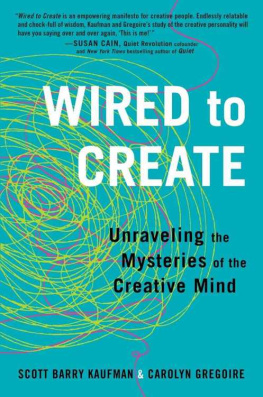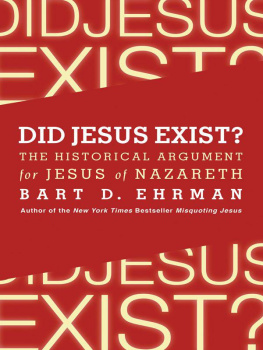
In Jesus and Creativity Gordon Kaufman continues his monumental effort to rethink Christian theology in naturalist and historicist terms. Repudiating outmoded versions of supernaturalism, Kaufman argues for reimagining the central symbols of the Christian tradition in light of contemporary scientific interpretations of reality. In this work, Kaufman, building on his earlier argument for God as creativity, calls for a christology that portrays Jesus as thoroughly human and as one who creatively offers to Christians and others a vision of more humane and just forms of human existence in this world, the only home which we will ever have. In an era of renewed confessionalism and parochialism, Kaufman boldly argues for a Christian theology open to other disciplines and religious traditions and one that faces the challenges of the moment without recourse to forms of special pleading that are not only intellectually unacceptable today but are dangerous to the future of humanity and to all who share our earth.
Sheila Greeve Davaney
Harvey H. Potthoff Professor of Christian Theology
Iliff School of Theology
Works by Gordon D. Kaufman
Relativism, Knowledge and Faith (1960)
The Context of Decision (1961)
Systematic Theology: A Historicist Perspective (1968)
God the Problem (1972)
An Essay on Theological Method (1975; third edition, 1995)
Nonresistance and Responsibility, and Other Mennonite Essays (1979)
The Theological Imagination: Constructing the Concept of God (1981)
Theology for a Nuclear Age (1985)
In Face of Mystery: A Constructive Theology (1993)
GodMysteryDiversity: Christian Theology in a Pluralistic World (1996)
In the beginning Creativity (2004)
Jesus and Creativity
Gordon D. Kaufman
Fortress Press
Minneapolis
JESUS AND CREATIVITY
First Fortress Press paperback edition 2010
Copyright 2006 Augsburg Fortress. All rights reserved. Except for brief quotations in critical articles or reviews, no part of this book may be reproduced in any manner without prior written permission from the publisher. Visit http://www.augsburgfortress.org/copyrights/contact.asp or write to Permissions, Augsburg Fortress, Box 1209, Minneapolis, MN 55440.
Unless otherwise noted, Scripture quotations are from the New Revised Standard Version Bible, copyright 1989 by the Division of Christian Education of the National Council of the Churches of Christ in the USA and used by permission.
Scripture marked RSV is from the Revised Standard Version of the Bible, copyright 1946, 1952, 1971 by the Division of Christian Education of the National Council of the Churches of Christ in the USA. Used by permission.
Scripture marked NEB is from The New English Bible, copyright 1961, 1970 by the Delegates of the Oxford University Press and the Syndics of the Cambridge University Press. Reprinted by permission.
The author gratefully acknowledges Harvard University Press, who gave permission draw on In Face of Mystery: A Constructive Theology (1993), especially in ch. 3 of this book.
Cover image: Vines, by Lou Wall Lou Wall/Corbis.
eISBN: 9781451408904
Library of Congress Cataloging-in-Publication Data
Kaufman, Gordon D.
Jesus and creativity / Gordon D. Kaufman.
p. cm.
Includes bibliographical references and index.
ISBN 978-0-8006-9634-4 (paperback)
1. Jesus ChristPerson and offices. 2. Creation. 3. Philosophical theology. I. Title.
BT203.K38 2006
232dc22
2006016826
For
Adele and Jennifer
Thanks!
Contents
When Jesus was crucified, his followers saw that he could never carry to fulfillment the mission of the Jewish people as they conceived it. He was not the messiah they had expected, and, so far as they could see, he was no messiah at all. The depth of devotion and the glory of the vision they had possessed made their disillusionment all the more bitter and devastating. They reached that depth of despair which comes when all that seems to give hope to human existence is seen to be an illusion.
After about the third day, however, when the numbness of the shock had worn away, something happened. The life-transforming creativity previously known only in fellowship with Jesus began again to work in the fellowship of the disciples. It was risen from the dead. What rose from the dead was not the man Jesus; it was creative power. It was the living God that works in time.
Henry Nelson Wieman (1946)
I n the Fourth Gospel we read: God so loved the world that he gave his only Son, so that everyone who believes in him may not perish but may have eternal life (). This much-loved sentence sums up beautifully a central theme of traditional Christian faith. But for many thoughtful Christians today, sentences like thisvery common in Christian speech and writingscarcely make sense. Though they may be lovely poetry, whether they tell us anything about the real world with which we must come to terms every day may seem dubious. The metaphors get so thick and heavy in this sentence that it is hard to know just what they convey. Consider some of the problems:
What does it mean to say that God loves the world? If one considers nature red in tooth and clawas often viewed these days on television nature programsone can hardly help wondering what kind of love this could be. We know something about human love, and we cherish that; but what can it mean to say that the creator of this vast complex universe, fourteen billion years old, loves it? Can we really apply the word love to such a mysterious, unknowable reality as the creator of the universe? And what can it mean to say that this creator has a Son? We know what it means for humans to have children and to love their childrenbut how can we meaningfully apply such creaturely words as love and son to the origin of all that is? Doesnt this kind of language suggest that God is basically like some unimaginably huge and powerful human being? Does that make sense?
And one wonders whether it makes sense, any more, to declare that humans will not perish at the end of their lives. All living creaturesas we think of them todaycome into being and in due course pass away. How can such an impossible exception to this fundamental characteristic of all life, as we know it, even be imagined? Where could all these billions of people be? And what could the phrase eternal life possibly be referring to?
If one stops to think about it, this sort of traditional Christian talk seems quite strange today, indeed very problematic. It is true, of course, that many Christians say they believe all these things and more. And it is also true that these ways of thinking and speaking have been very important historically, and without them we would never have heard of Jesus at all. But Christian theology has always warned of the dangers of religious language. And today many find it difficult to make sense out of much of this kind of Christian speech. This book about Jesus and Christian faith is written for people who are puzzled about these sorts of things. Instead of the traditional ways of understanding Christian faith, it proposes a different option for thinking about Jesus and his significance. The world in which these early metaphors and ideas were developed was quite different from our own, and what seemed to make good sense in that world often is virtually unintelligible in ours. The language and metaphors that we find in were quite intelligible in the world in which John was writing; it was powerful language, and for many generations it expressed and explained clearly the heart of Christian faith. But in the last several centuries, as our cultural and intellectual worlds have changed drastically, many modern personsincluding many Christianshave found it quite difficult to understand this kind of speech. How should we understand and express that faith today?
Next page
